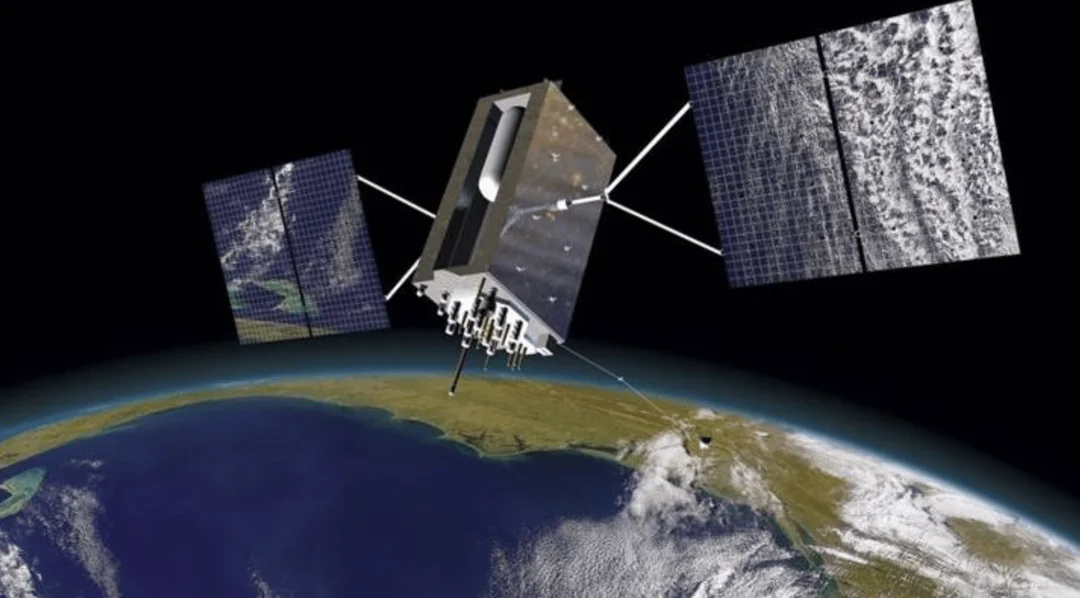
Sierra Space Advances Resilient GPS Tech for U.S. Space Force in Key Ground Demo
Sierra Space is making significant strides in enhancing the U.S. Space Force's GPS capabilities. The company successfully completed a ground-based demonstration of its navigation satellite prototype for the Space Force’s Resilient Global Positioning System (R-GPS) initiative. This milestone is crucial as the military seeks backup options for its existing GPS constellation, addressing growing concerns about signal resilience and security.

The demonstration involved testing Sierra Space's satellite hardware and flight software using a "FlatSat" setup, simulating mission operations with real spacecraft components. This approach speeds up development cycles by allowing engineers to evaluate performance without full assembly. This milestone also confirms successful communication with ground software, an important aspect of the technology that will eventually work from orbit with ground-based facilities.
Sierra Space is one of three companies vying for the Space Force’s R-GPS program, alongside Astranis and L3Harris. Their proposed satellite includes a positioning, navigation, and timing (PNT) payload developed with General Dynamics Mission Systems, supporting both GPS and Europe’s Galileo signals. Erik Daehler, Vice President of Sierra Space Defense, noted the competitive environment, stating, "The challenges of harnessing this technology in a competitive environment motivates us to reach these milestones. Sierra Space is focused on advancing GPS technology for the security of the United States, and demonstrations like this one showcase our dedication to being at the forefront of defense tech innovation."
The R-GPS program is a response to the increasing vulnerability of large, high-cost satellites to interference and attacks. By incorporating a network of smaller satellites, the Space Force aims to create a more resilient and secure GPS architecture. The program will select at least one design for an on-orbit demonstration, marking a major step toward diversifying and hardening satellite infrastructure.

This recent milestone highlights Sierra Space’s ability to rapidly deploy R-GPS Space and Control Segments, adding layers of security to the current GPS system. The successful demonstration reinforces the critical role of GPS technology in everyday life and the importance of enhancing its resilience against modern threats.
What impact will this technology have on global security and commercial applications? Share your thoughts and insights in the comments below.